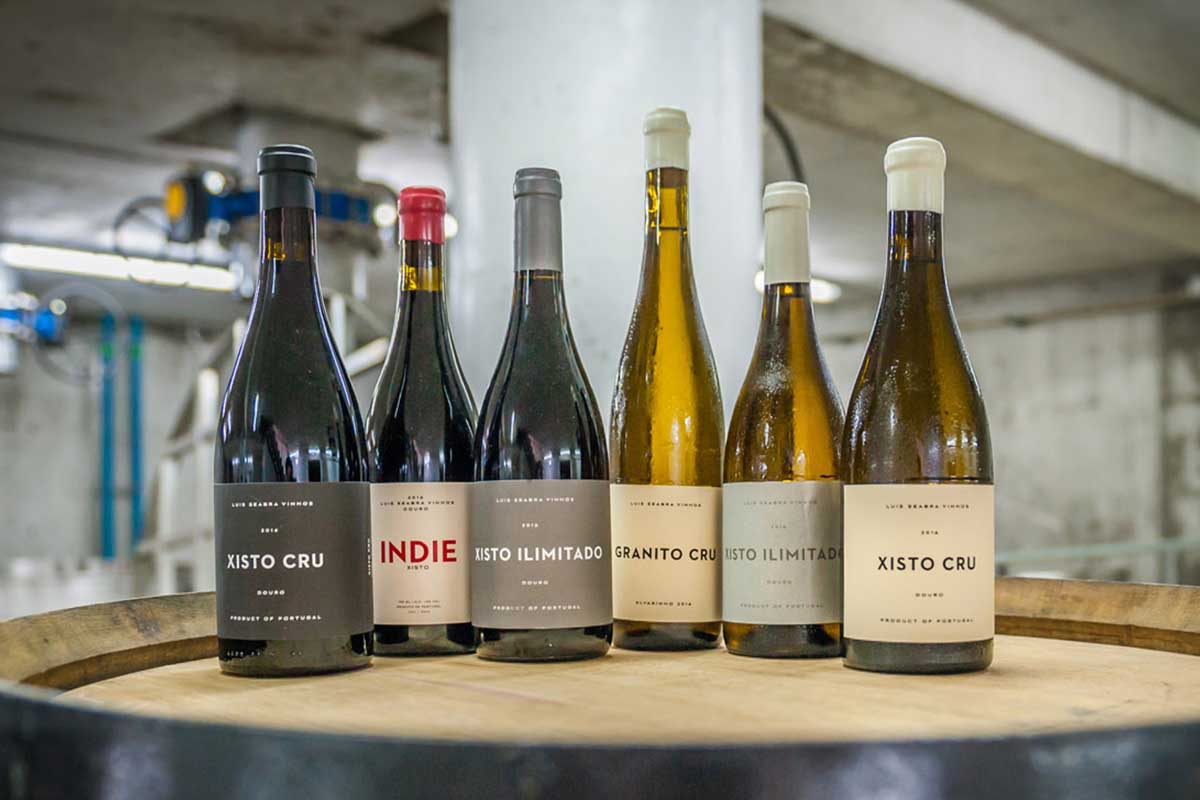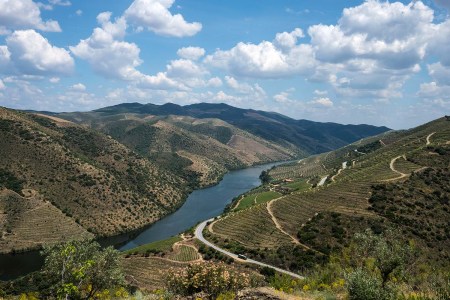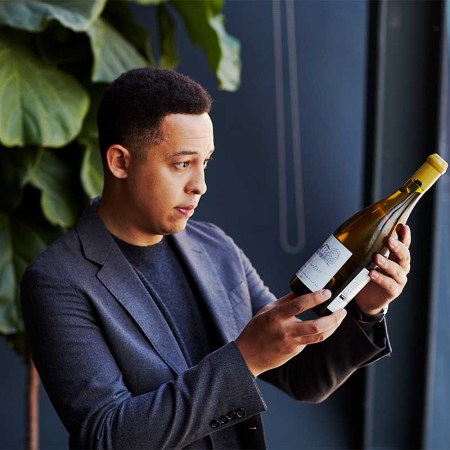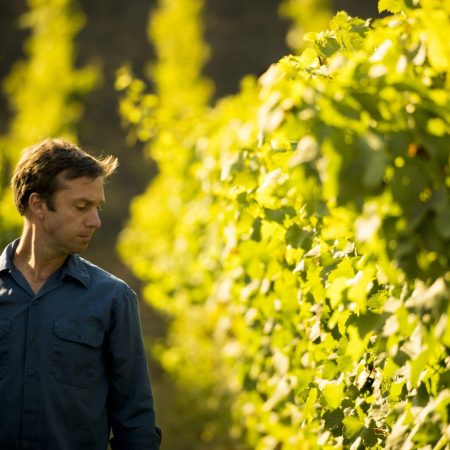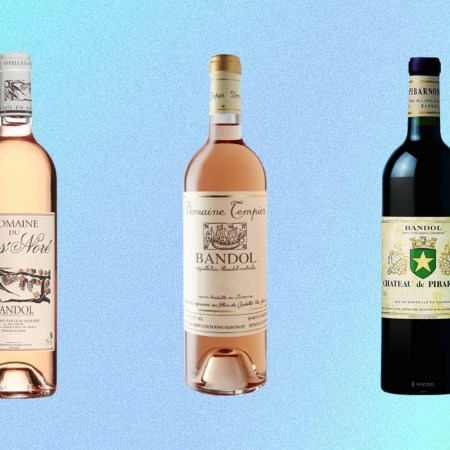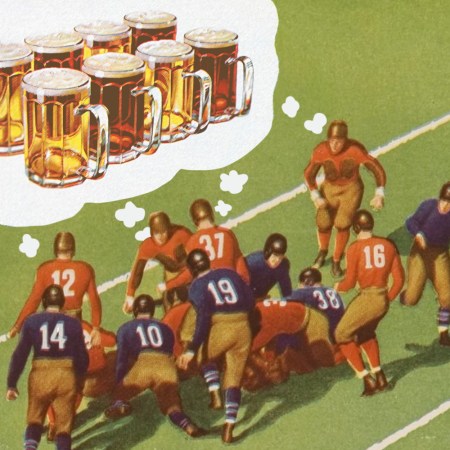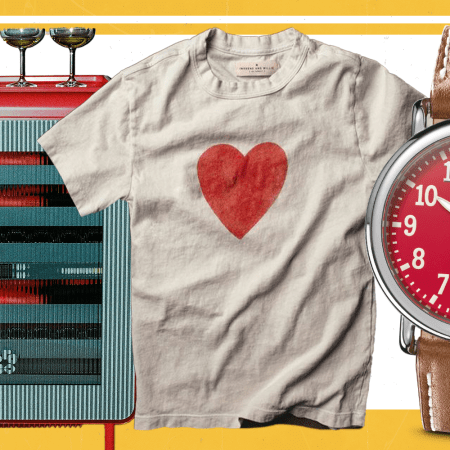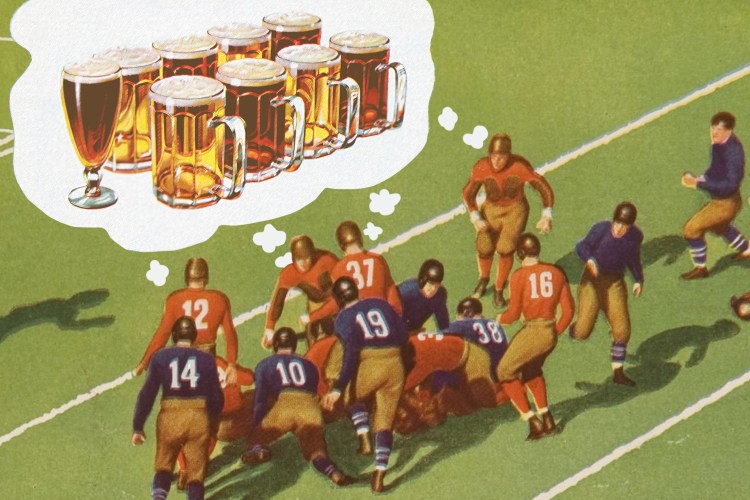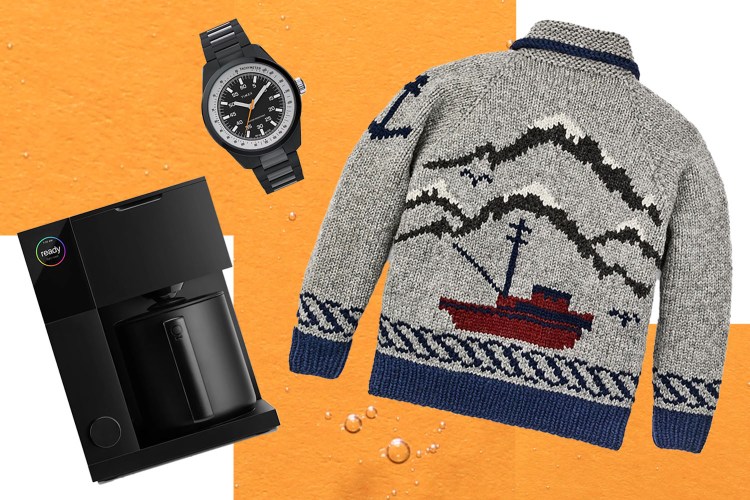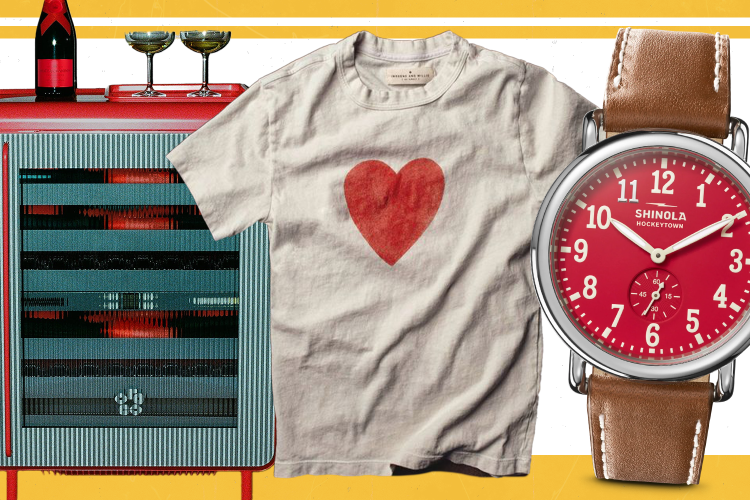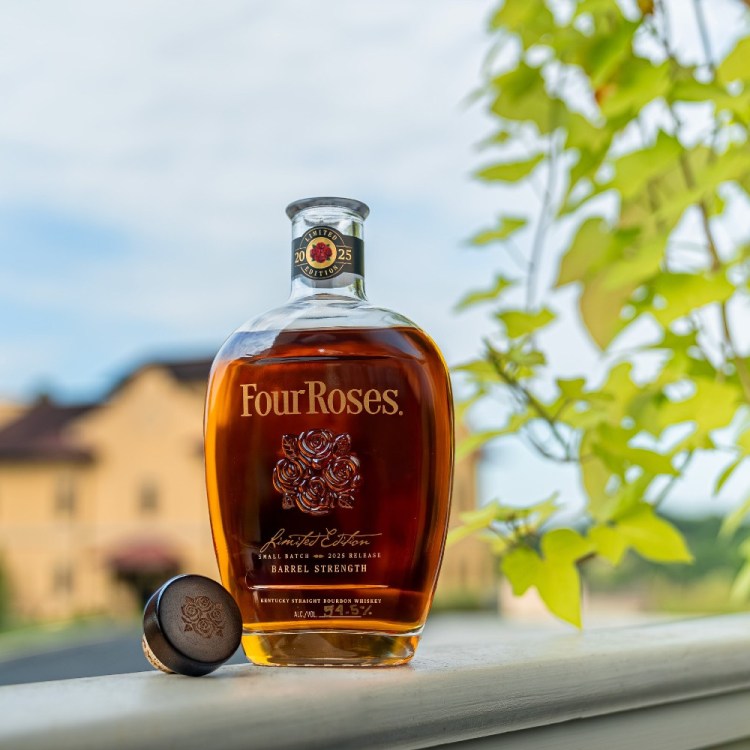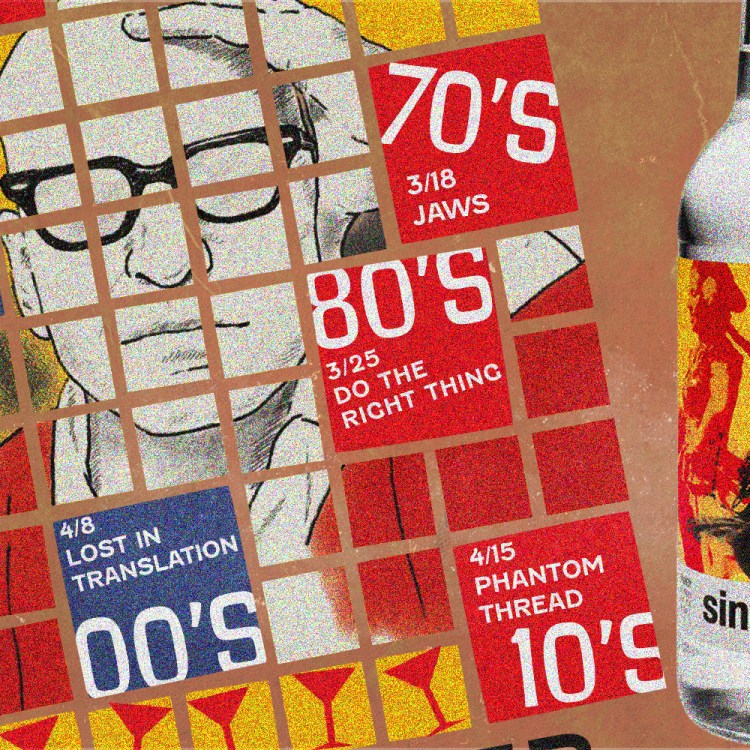What we’re drinking: Wines from Luis Seabra, a former Port winemaker turned Douro wine icon
Where they’re from: The Douro Valley in Northern Portugal
Why we’re drinking these: Douro is the perfect place to make Port. The valley is marked by a winding river that cruises through the sunbaked terraces on the steep, highly scenic hills. It’s also a great place to make big, rich, oak-driven reds, as the sun beating down on the hills makes for wine with beautiful concentration and depth.
Why Every Wine Lover Needs to Visit Portugal’s Douro Valley
What to drink, eat and where to stay in the birthplace of portBut Luis Seabra isn’t making any of the above. He’s part of a new generation of Portuguese winemakers taking the country’s wines in a new direction, making lighter, softer wines out of the Douro landscape. After a decade of making wine at Niepoort — he helped launch the iconic Port house’s still wine program — he went out on his own in 2013. He’s trying to reclaim a lot of Douro history, working on historical vineyards and rethinking techniques.
Seabra’s a bit of a dirt nerd. He studied viticulture in university then went on to work in soil research before moving into the winemaking field. When he started his own winery, he let the dirt dictate his direction. He asked questions like, “what if I made wine on this single vineyard of schitzy soil?” “What if I took a bunch of grapes planted on granite soil and made wine out of them?” “What’s the difference between the two?”
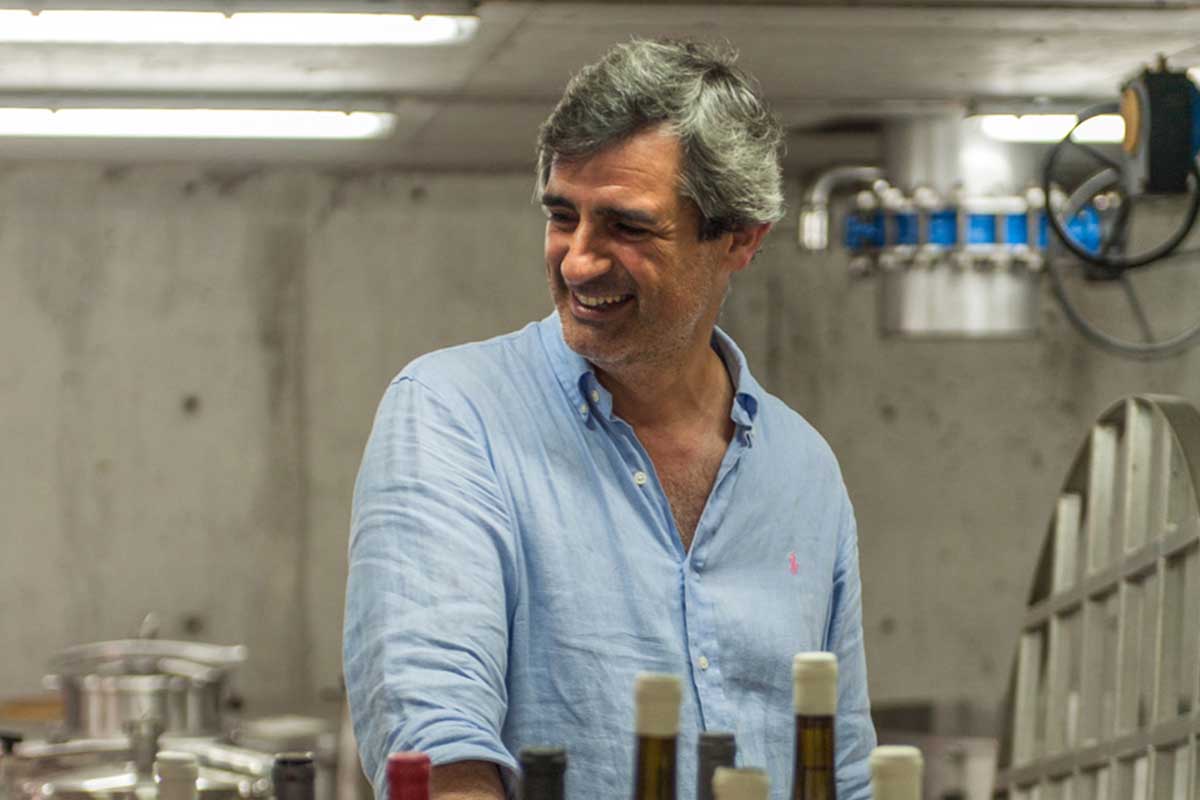
The answer was pretty cool. That granite soil made for an intense, acid-driven Alvarinho — you can almost taste the stony granite in the glass. The schitzy soil is similar to that found in some of the best Burgundy parcels, so he discovered he could produce similarly mineral, highly-finessed white wine. Now, instead of making single vineyard wines, he focuses on single-soil wines that show off what the land can do.
Currently, he works across eight hectares in the Douro, Vinho Verde and Dão, zeroing in on small, kind of remote vineyards with exceptional and interesting soil. Across his wines, expect light, elegant wines with a French attitude. (He once said in an interview that his greatest mentor — though they’ve never met — was Burgundian legend Henri Jayer, the godfather of Burgundy.)
How they taste:
- Granito Cru Alvarinho: The only wine Seabra produces out of the Vinho Verde region. And while Vinho Verdes are light and green, this is complex and age-worthy. The wine — made from grapes from three plots of older vines on granite soil — is aged for 12 months on the lees in oak vats and transferred to stainless steel for an additional month before bottling. Light and lemon-limey with a Chablis-ish crispness and a stony, honeysuckle finish. Lovely, intense, and bright. $48
- Xisto Cru Branco: White Burgundy, by way of Northern Portugal. Farmed from vineyards in Douro Superior that date back to 1920, this blend of rabigato, codega, couveio, viosinho and dozelino branco is fermented and aged in large French barrels where it sleeps for a year before it’s finished in stainless steel. This combo gives the wine a beeswax-y, fennel structure with a flinty, flaky salt minerality. It’s structured, elegant and ultra-expressive. Think Chablis with a Portuguese accent. $75
- Xisto Ilimitado: This is Seabra’s interpretation of a “village” level Burgundy wine. The red blend is made with touriga franca, tinta amarela, tinta roriz, rufete, tinta barroca, malvasia preta and deonzelinho tinto (all classic Douro grapes) and has this lovely minerality, bright dark fruit and a foresty-spicy-velvety presence. $37
Fun fact: The soil in the Douro is really rocky, which makes it incredibly difficult for the vines to find water and nutrients in the soil. That’s a good thing, though — it makes the grapes tougher, more resilient and more complex in flavor.
Where to buy: Your local boutique wine store
Every Thursday, our resident experts see to it that you’re up to date on the latest from the world of drinks. Trend reports, bottle reviews, cocktail recipes and more. Sign up for THE SPILL now.
